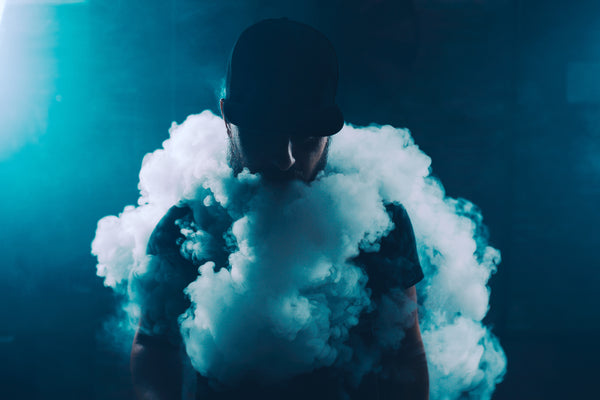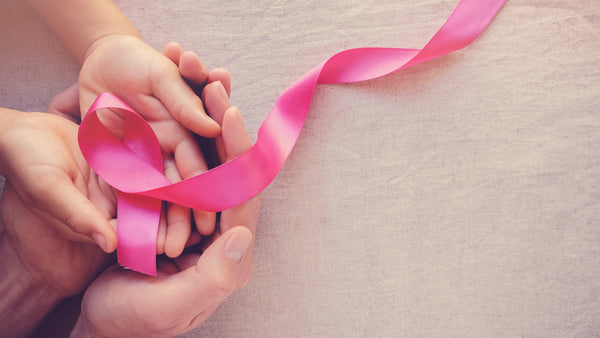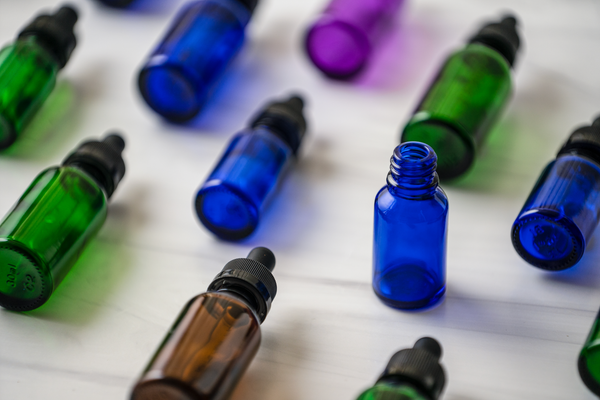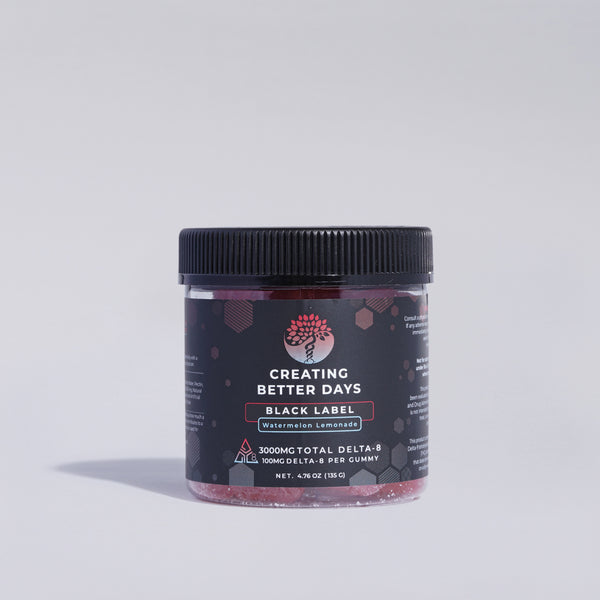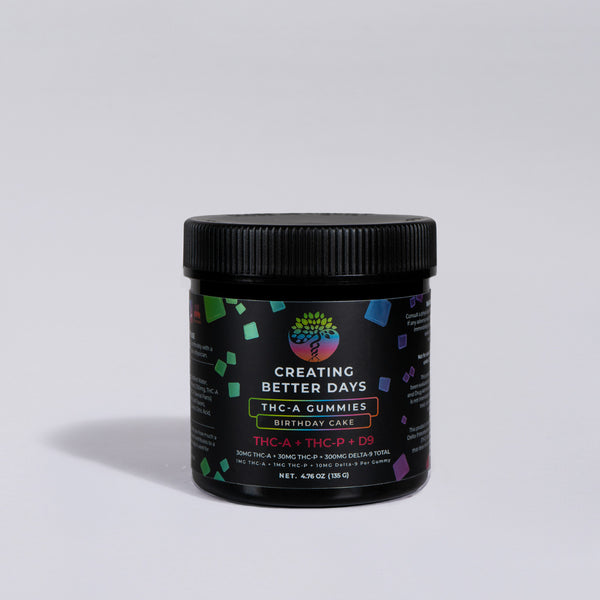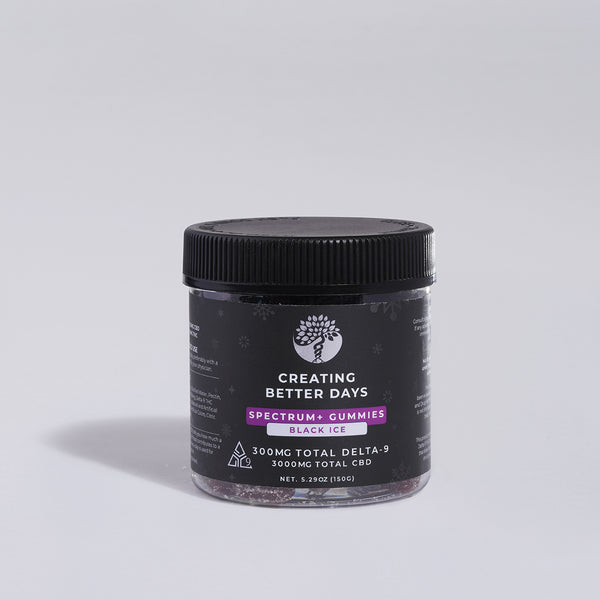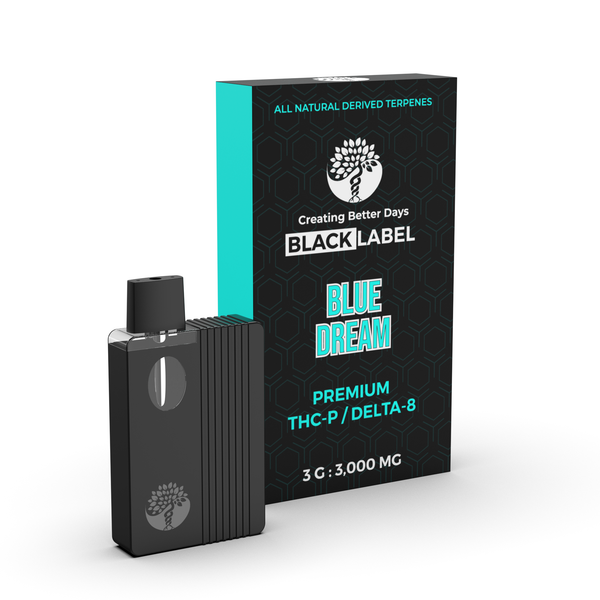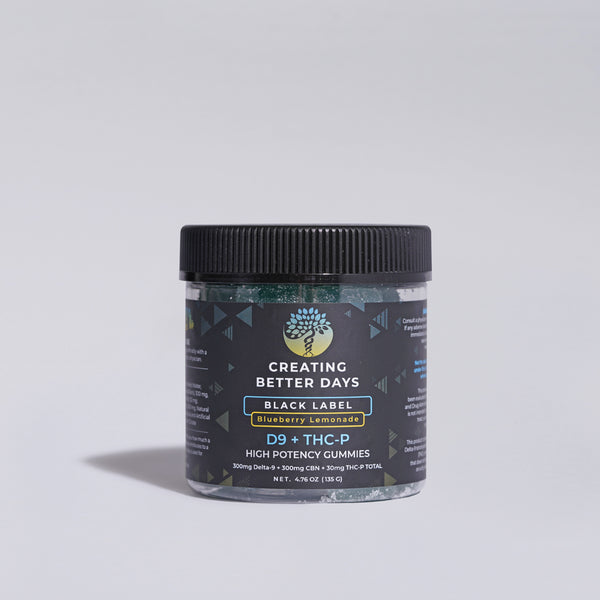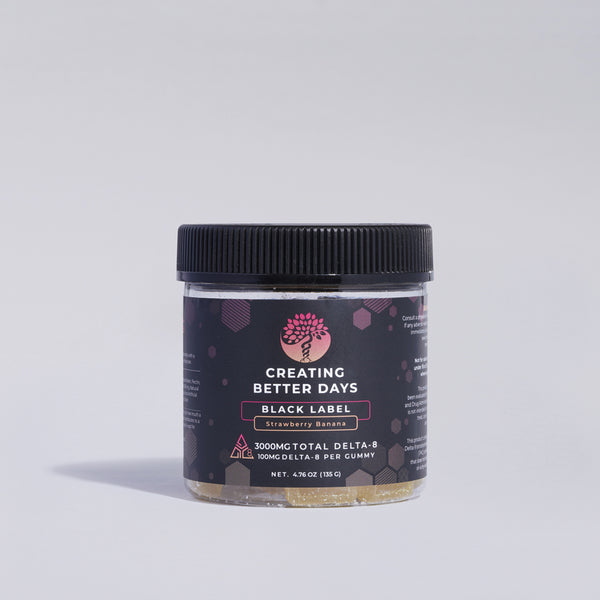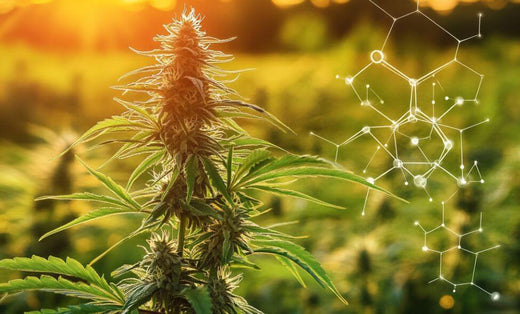
Does THCA Get You High?
For anyone exploring all the wonders of cannabis, one question often surfaces: does THCA get you high? If you’re curious about what THCA is and how it interacts with your body, you’ve come to the right place. Let’s dive into what makes THCA such a fascinating compound and whether or not it’s capable of inducing that well-known “high” often associated with cannabis.
Table of contents
Key Takeaways
-
In its natural state, THCA is not intoxicating; it only produces a high when it is decarboxylated, which is a process that is triggered by heat.
-
THCA changes into THC: THCA changes into the psychoactive compound THC when it comes into contact with heat, such as when smoking, vaping, or making edibles.
-
Raw cannabis use won't get you high: Raw cannabis with THCA will not produce psychoactive effects unless decarboxylated.
-
THCA rarely affects drug tests: Standard drug tests detect THC metabolites, not THCA, unless decarboxylation or contamination occurs.
Does THCA Get You High? The Truth Broken Down
No, THCA by itself does not cause intoxication because it lacks the psychoactive properties needed to get you high. THCA remains non-intoxicating when consumed raw, which differentiates it from THC, which is its psychoactive equivalent. However, the story doesn’t end there. Through a chemical process called decarboxylation, THCA becomes THC, which causes the euphoric effects of cannabis. Just as raw pizza dough turns into a delicious cheesy pizza with heat application, the same transformation applies here. Do you want to learn about the process of this transformation and understand what it entails? Keep reading.
What is THCA? Can It Really Cause a High?
One of the 100 cannabinoids more present in raw cannabis plants is tetrahydrocannabinolic acid or THCA. It’s essentially THC before it has been activated. THCA resembles Clark Kent, while THC embodies Superman because THCA remains mild-mannered and non-intoxicating until heat transforms it into THC.
Cannabis flowers contain the highest levels of THCA when they are freshly harvested since people who want to avoid intoxication prefer using it in its raw state. THCA does not cause a high, but its importance in the cannabis plant has gained growing attention from cannabis enthusiasts. But can THCA get you high under certain circumstances? That depends on whether it’s exposed to heat or light, which brings us to the science behind this transformation.
Does THCA Make You High? The Science Behind It.
Cannabis naturally contains a substance called tetrahydrocannabinolic acid, or THCA. Since it is unable to bind to the brain's CB1 receptors, which are in charge of producing psychoactive effects, it does not lead to intoxication on its own. If you are wondering how THCA gets you high, well, the magic happens when heat enters the equation.
The process of decarboxylation, which removes the carboxyl group from THCA when it is heated, turns it into THC.
Here’s a closer look:
Decarboxylation: Heat is the catalyst that converts THCA into THC, activating its psychoactive potential.
Interaction with CB1 Receptors: Only after this conversion can THC bind effectively to CB1 receptors, resulting in the "high" commonly associated with cannabis.
Methods of Use: Whether through smoking, vaping, or cooking, the method of use determines how much THCA is converted to THC. Raw usage, on the other hand, leaves THCA in its non-intoxicating state.
So, while THCA itself won’t get you high, once decarboxylated, it can deliver THC’s full effects.
How Is THCA Decarboxylated?
The activation of THCA into psychoactive THC happens through decarboxylation. When cannabis undergoes heating through smoking, vaping, or making edibles, among other high-temperature methods, it undergoes this transformation. For example:
Smoking or Vaping: Heating cannabis through either burning or vaporizing transforms THCA into THC immediately.
Making Edibles: The cannabis needs to be heated in an oven to decarboxylate it before infusing it into oils or butter.
Sunlight or Time: THCA turns into THC through extended sunlight exposure or sustained high temperatures, but this approach is not very efficient.
What is a High THCA Percentage?
The percentage of THCA in cannabis indicates how much THCA exists in the plant material before it undergoes any decarboxylation process. A cannabis strain containing 20% THCA indicates the compound's percentage before heating or decarboxylation. The percentage of THC becomes slightly reduced after decarboxylation because of changes in molecular weight.
People who want stronger effects after decarboxylation typically choose cannabis strains with high levels of THCA because of their peak potency. Using high-THCA cannabis in its raw form does not cause intoxication because it lacks the effects THC provides.
THCA vs. THC: Which High is Stronger?
A comparison between THCA and THC shows important distinctions in their potential effects, with psychoactivity being the primary area of difference. The molecular structure of raw THCA stops it from binding well to the brain's CB1 receptors, which makes it non-intoxicating. The active chemical THC produces the high by directly binding to specific brain receptors.
The primary alteration is brought about by the decarboxylation process, which turns THCA into THC. THC delivers euphoric and sensory effects that users associate with cannabis after conversion from THCA.
Here’s how they stack up:
THCA: Found in raw cannabis, non-psychoactive, and typically used without the goal of experiencing a high.
THC: Results from heating THCA, binds to CB1 receptors, and causes psychoactive effects like relaxation, altered perception, and euphoria.
So, which high is stronger? It’s no contest. THC is the clear winner because THCA does not produce a psychoactivity or “high” unless decarboxylated. Whether you’re enjoying a perfectly rolled joint or a freshly baked edible, it’s the THC content that determines the experience.
Does THC-A Show Up on a Drug Test?
Yes, but not in the way you would think. THCA fails to appear on standard drug tests because these tests focus on identifying THC metabolites, which form when your body breaks down THC. Consuming THCA raw won't produce these metabolites because it is non-psychoactive and only converts into THC when heated.
However, there are a few situations where THCA might indirectly impact drug test results:
Accidental Decarboxylation: If THCA-containing cannabis is exposed to heat—say, during improper storage—some of it could convert to THC, potentially leading to detection.
Trace THC Content: Some products labeled as THCA-rich might contain small amounts of THC due to processing or cross-contamination, which could be enough to trigger a positive test.
Advanced Drug Tests: While uncommon, some highly sensitive tests may detect THCA as an indicator of cannabis use, especially if consumed in high quantities.
For those concerned about drug tests, it’s always a good idea to verify product contents and handle cannabis carefully to minimize any risks.
Final Thoughts: Where Can You Find THCA Products?
The trusted brands Creating Better Days offer THCA products which you can purchase online. Our THCA offerings stand out because we deliver premium products which include THCA gummies that undergo strict testing and come with Certificates of Analysis (COAs). Shopping with us gives you more than just a product because you receive transparency and quality plus peace of mind.
Our dedication to excellence guarantees that you will receive goods that adhere to exacting industry standards. Newbies and experienced cannabis users alike can discover what THCA products have to offer through our unique cannabinoid options.
Frequently Asked Questions
Is It Possible to Convert THCA into THC When Heated?
Yes, heat from making edibles, smoking, or vaping causes THCA to change into THC.
How Does THCA Work?
Since THCA interacts with the body's endocannabinoid system but does not bind to CB1 receptors well, it is not intoxicating when consumed in its pure form.
Do you have any more questions about THCA products at Creating Better Days? Here are a few THCA-related articles:
If you want to learn more, visit our blog section or contact us at (1800) 215-0223 to clarify your doubts. Our expert customer support team at Creating Better Days is here to help you.

